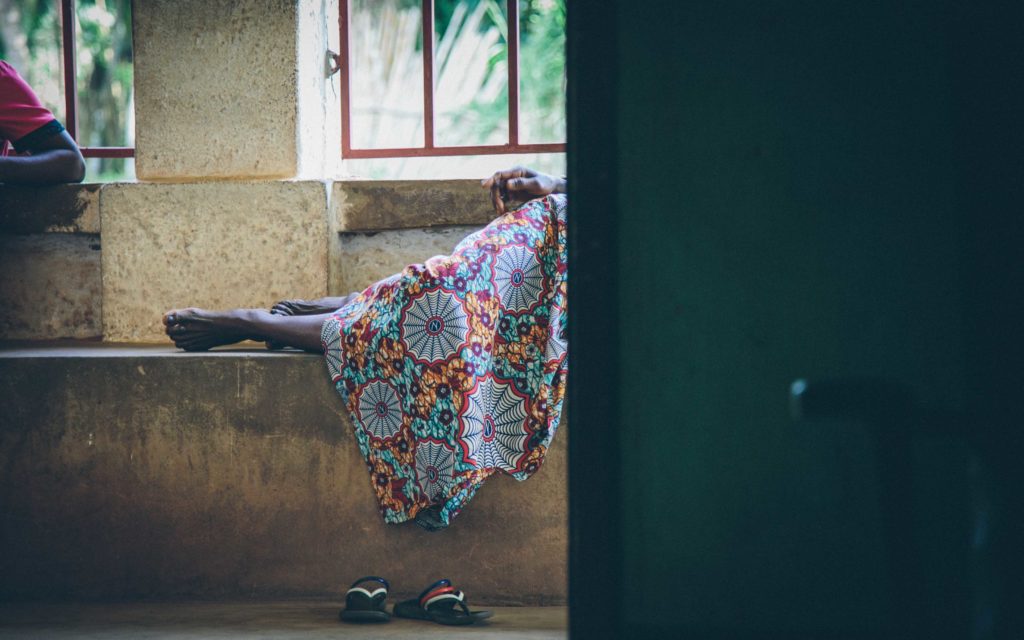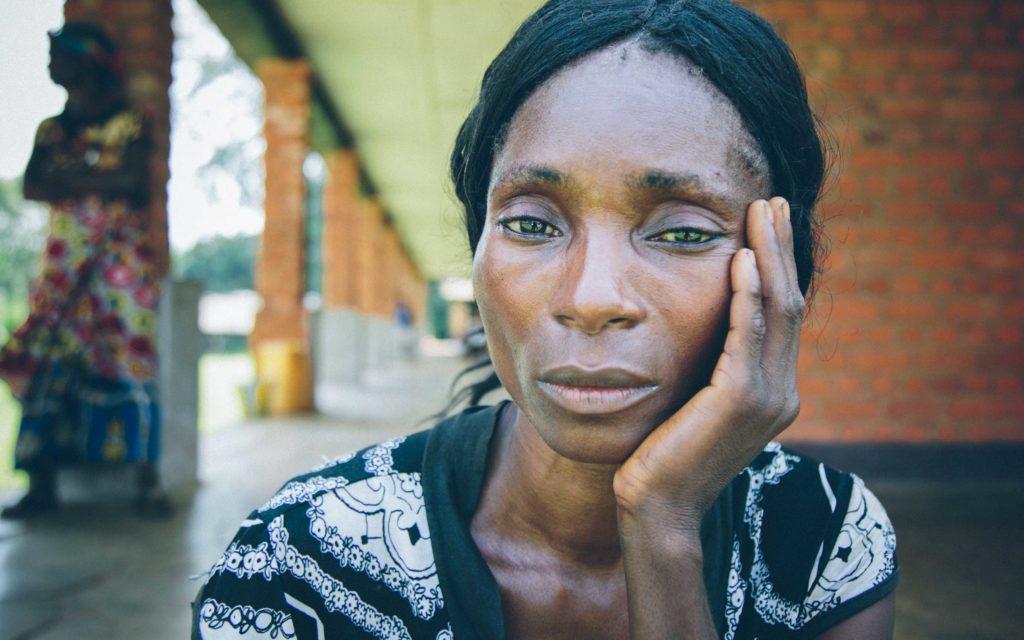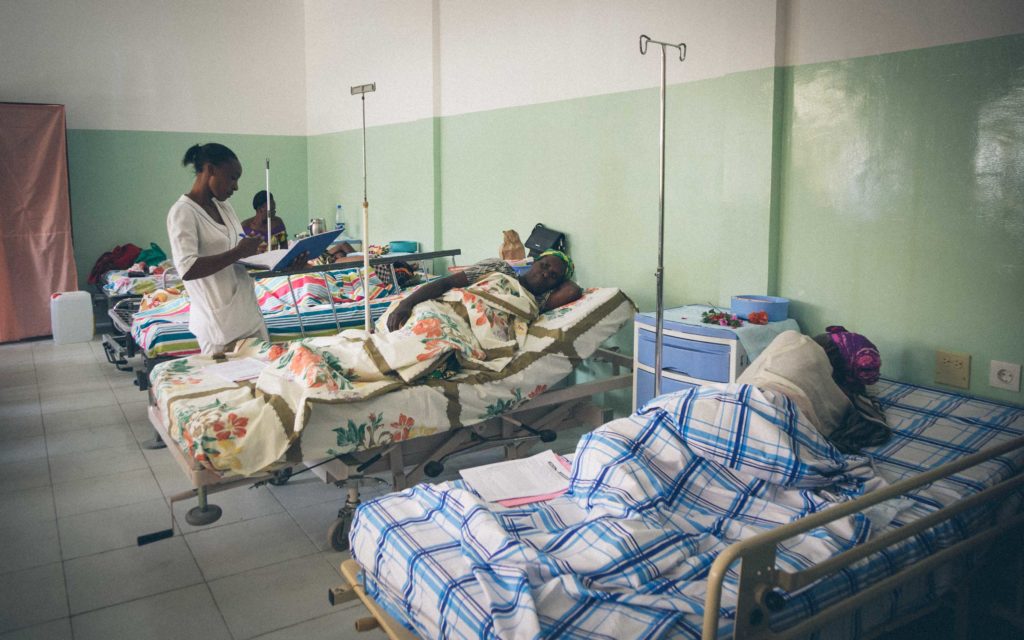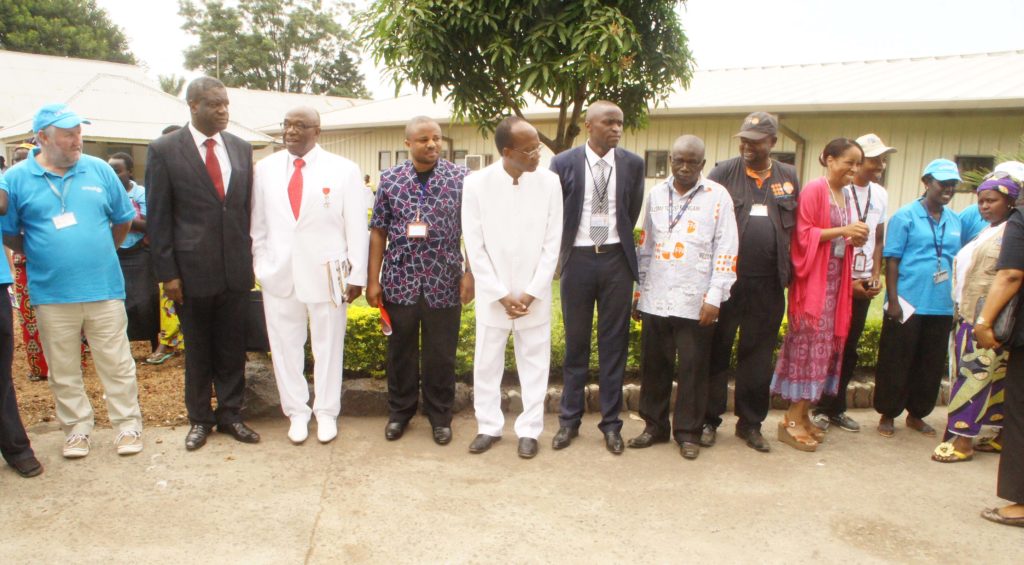How We Treat & Prevent Fistula

What is Fistula?
Because fistula is uncommon and almost unheard of in developed countries, any conversation with those outside the medical profession generally requires some level of explanation. That’s because the condition is uncommon in developed nations and experienced by 2 to 3 million women and girls living in absolute poverty; and a topic that can make you cringe. The majority of these women and girls reside in areas with limited access to healthcare.
What happens to a woman with Fistula?
Obstetric Fistula is a hole in the birth canal caused by prolonged labor. Without education and (timely) medical attention such as a cesarean section, injury can occur. Many women suffer for decades without receiving treatment for something preventable. And women don’t just suffer physically. A woman with fistula becomes a social outcast, even within her home. In her incontinence and limited ability to work, she suffers in shame and isolation from her husband, family, and friends. Because it is the African woman’s responsibility to care for the family’s health and wellbeing, when she suffers, the whole family suffers–socially and economically.

How are we, at HEAL Africa, ending Fistula?
Treatment. Our hospital has medical expertise and resources to treat fistula. Through the generosity of individual donors and partners like EngenderHealth and the Fistula Foundation, we are able to provide treatment beyond the hospital on outreach missions to reach women in the most difficult areas. A fistula repair is considered major surgery, running approximately $500 for each woman treated. While we have been able to treat hundreds of women, the number can still vary by the availability of funding.
Reaching Women
Prevention. Most of the funding we receive is dedicated to the treatment, but prevention is also critical for sustainable change. HEAL Africa conducts public health education related to family planning, fostering dialogue on cultural issues impacting care and training local health professionals. This process involves training influential community leaders to recognize and advocate on behalf of marginalized individuals and the broader needs of the community.
Addressing poverty as prevention. One of the critical reasons women avoid seeking care, apart from cultural “misconceptions”, is the financial burden. The $10 cost of prenatal can mean choosing between eating and/or a child’s education for at least a month. Solidarity groups formed within Village Savings Loan Associations has been a life-changing experience. Not only do participants learn income-generating skills and financial literacy, but the women are able to care for one another, increasing their income capacity for basic needs…like the cost of delivering a baby in a hospital.

Observing International Day to End Obstetric Fistula
It was May 23, 2013, at HEAL Africa, when the UN Secretary-General, Ban Ki-moon, announced the importance of treating and preventing fistula, by establishing a global observance day: International Day to End Obstetric Fistula.

